
I haven't been writing and posting as often as I should this year – possible New Year's resolution there, I think. Anyway, here's a timely wee story: The Night Before Christmas. I hope you enjoy it.
Merry Christmas!
Mark crept in quietly and softly closed the outer door before Terry eased open the sliding patio door that led from the conservatory into the dining room, not wanting a sudden draught to blow in and disturb those who were sleeping. Terry and Mark were wreathed in goodwill and trailing blessings, fresh from their visit to church; midnight Mass on Christmas Eve being the only time they went other than for hatches, matches and dispatches. Mark loved singing carols – always had, ever since he was tiny and Grandma had taught him all the words to her favourites – and his voice had rung out loud and clear first in the church and then in the car on the way to the house.
The dining room looked lovely. There were fancy Christmas stockings – decorated with appliquéd Santa Clauses, Christmas trees and reindeer – hanging from the high mantelpiece, and the table was already set for dinner: gold chargers, polished cutlery and gleaming glassware laid out in front of five of the eight chairs, a decoration made from holly, ivy, and red and gold ribbons in the centre spot.
‘It looks brilliant, doesn’t it, Dad?’ Mark whispered.
Terry nodded. ‘Fantastic, son. Come on, let’s see how the kitchen’s looking.’
They crept silent as ghosts out of the dining room and into the kitchen. Mark opened the fridge and almost cried out in delight. It was jam-packed full of goodies; he saw a huge pork pie, a wheel of stilton, a cooked gammon joint, a ceramic tub of some sort of posh meat paste, and a trifle, ready and waiting for the hundreds and thousands that would finish it off to perfection.
Terry glanced over the boy’s shoulder. ‘They’ve done us proud,’ he said.
‘Dad, there’s no turkey.’
Terry looked around, then opened the door on the huge eye-level oven. Sure enough, there was a large roasting tray with a tinfoil-covered lump in it.
Mark grinned. ‘Wow! It looks like a whopper!’
Terry lifted the tray out of the oven and put the entire thing into the holdall he carried. Mark carefully lifted the things from the fridge and filled his rucksack. The cling-filmed trifle in its fancy glass dish went on the flat base of the holdall alongside the turkey in its tray.
Clutching something in his hand the boy looked at his father. ‘What about these?’ he whispered.
‘No, just leave them,’ Terry said, and Mark put the net of veg back into the salad crisper and closed the fridge door.
It took a few trips from the house to the car to get everything, but before long Christmas was packed carefully on the back seat and in the boot, and Terry and Mark were driving home with their spoils.
‘Mum’ll be over the moon,’ said Mark as he tucked into the contents of a selection box.
'She will, an’ all. Mind you don’t make yourself sick with too much chocolate.’
***
‘I don’t know how you did it, our Terry, but this is a feast fit for a king,’ said Grandma as she looked at the table, piled high with food. She patted the gold chain around her neck before reaching up and straightening her paper hat. ‘And the presents were wonderful.’
‘They were,’ said Granddad, his feet warm and toasty in his new slippers, a new watch on his wrist and a bottle of excellent tawny port in the bag to take home.
‘I had a bit put by for Christmas before I was laid off,’ said Terry, carving thick slices of turkey and putting them on plates with spoonfuls of sage and onion stuffing, and bacon-wrapped chipolatas, for Mark to hand round. He looked at his wife. ‘And Jan’s a canny shopper, always looks for the bargains.’
‘Here, Doris, let me get you some roasties and veg,’ said Jan, wanting to divert her mother-in-law’s attention away from how the feast and the gifts had been provided.
‘Thanks, pet. No sprouts, though; I don’t like sprouts.’
‘Windy fruit,’ said Granddad and Mark giggled.
‘I didn’t get any, Mam, nobody likes them,’ Terry said. He looked over at his son and they shared a smile.
***
So when you got up, it was all gone?’ asked PC Allan. He had another four hours to go until the end of his shift and he couldn’t wait to be home on the settee with a full belly, a glass of beer, and a Bond film on the telly.
‘They took everything. Food, presents, crackers … even the stuff from the table. The only thing they left was a net of sprouts.’
The policeman suppressed a smirk. ‘You’ll need a crime reference number for the insurance. Sounds like you’ll need to make a claim.’
‘Aren’t you even going to try to get it all back?’
‘We’ll try, of course, but the odds are against it, sir. Most of the evidence has very likely been consumed by now.’
Derek Cooper thought of the stolen feast, the first clue that something was wrong being the absence of the delicious smell of roasting turkey when the household had awoken on Christmas morning. The oven timer had been set the night before, so lunch would be on time despite their enjoying a lie-in.
‘I suppose … it’s just … why us?’ he railed. ‘Why would anyone steal our Christmas?’
‘Can you think of anyone who might have a grudge against you, sir? Maybe an ex-employee?’
Cooper looked at the policeman. ‘No,’ he said.
PC Allan raised an eyebrow but said nothing. ‘Very well, sir.’ He closed his notebook and headed for the door. ‘Merry Christmas,’ he said as he let himself out. Cooper looked around at the empty house and snorted.
***
‘Merry Christmas!’ Terry exclaimed as he raised his glass at the end of what had been a very satisfying Christmas lunch. The family chorused back at him, happy faces all round.
Shortly afterwards, Mark and his Grandma bustled back and forth, singing carols as they cleared the table and the washing up got underway.
The mood was in stark contrast to the anger he'd been surrounded by just a few weeks earlier when half the workforce – Terry included – had been paid off at Cooper's.
‘What about our bonus? Will we get our Christmas bonus?'
Derek Cooper had looked at each face in turn. 'I'm sorry, there's no money for bonuses.'
'But we've earned it!'
Cooper shook his head; he planned to pay them the bare minimum necessary to stay within the law. Not a penny more.
‘What about Christmas?’ they’d shouted. ‘It’s just a few weeks away! Couldn’t you have waited until after Christmas?’
‘Not if we hope to stay open. I'm keeping as many on as I can.'
As a bonus to him, the machines the workers had been replaced by would neither turn up hung-over nor expect a Christmas party, a bottle of whisky or a frozen turkey as a sign of appreciation for their hard work.
'But it's Christmas!' they'd repeated, wondering how on earth they were going to pay the bills, never mind buy presents. Cooper had just stolen Christmas from them.
'These are tough times for everyone,' Derek Cooper had said, then he had smiled, aiming for an expression that suggested sympathy for their plight, although no one had been fooled. They all knew he was coining it in; he'd just bought a new car, for goodness’ sake. As for sympathy, he had just looked smug; he had that sort of face.
I doubt he's looking very smug now, Terry thought as he sat back in his chair, feeling content. He had a very promising job interview lined up after the Christmas break; he hoped to be in work again early in the New Year. He heard voices raised in song from the kitchen and smiled as Mark and Grandma finished with a rousing: 'We wish you a merry Christmas and a happy New Year!'
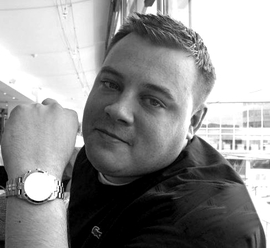
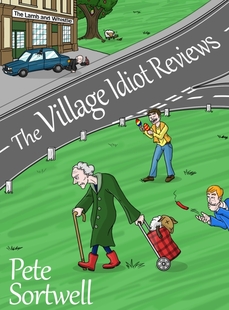
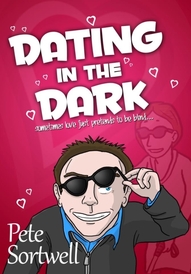
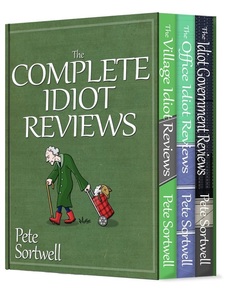
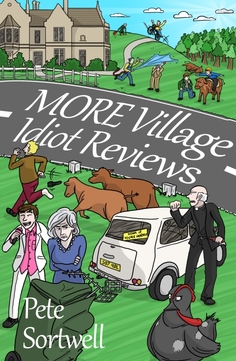
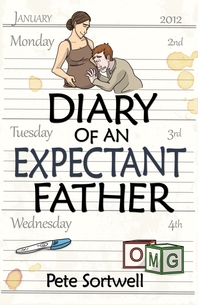
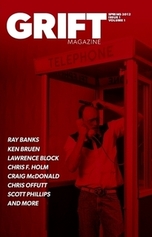
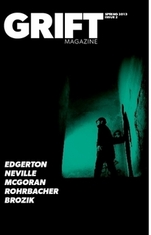
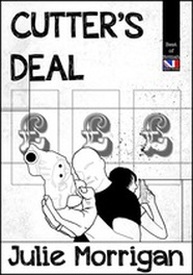
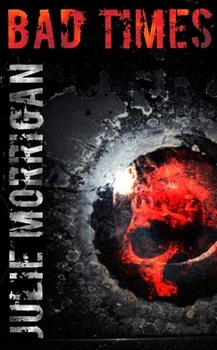
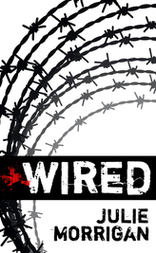
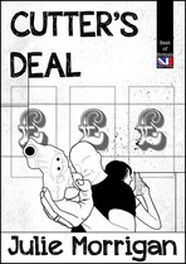
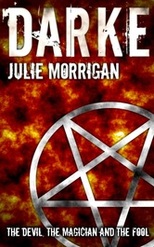
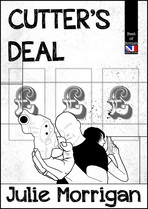
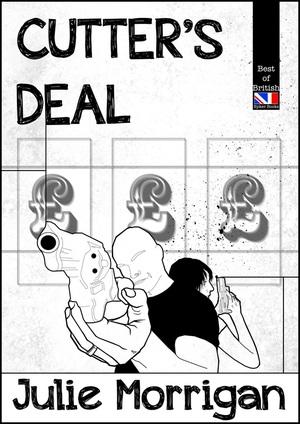
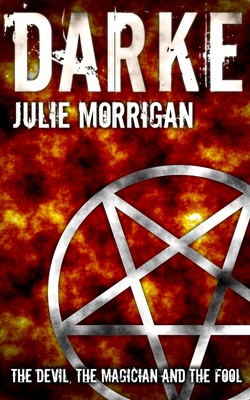
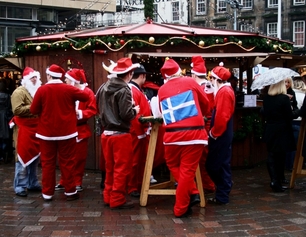

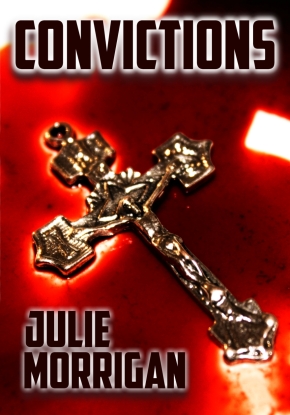
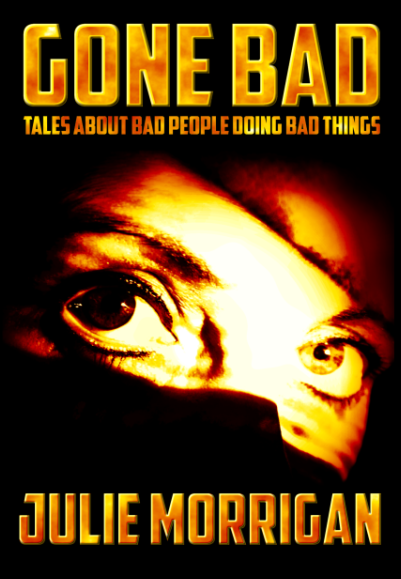
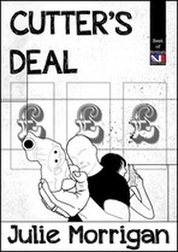
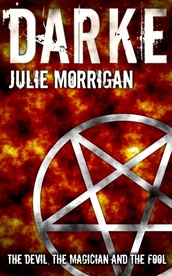
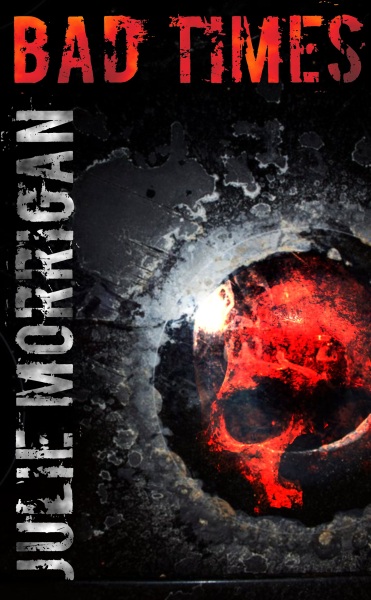
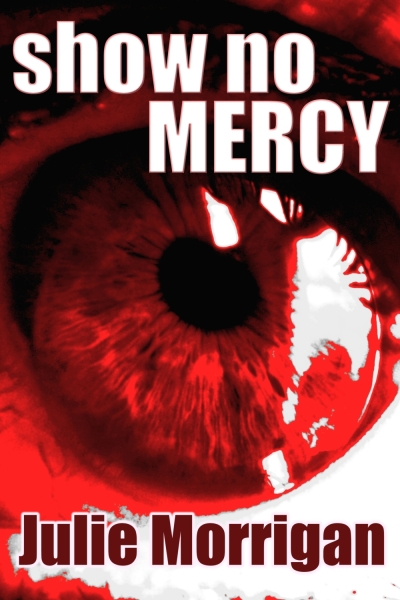
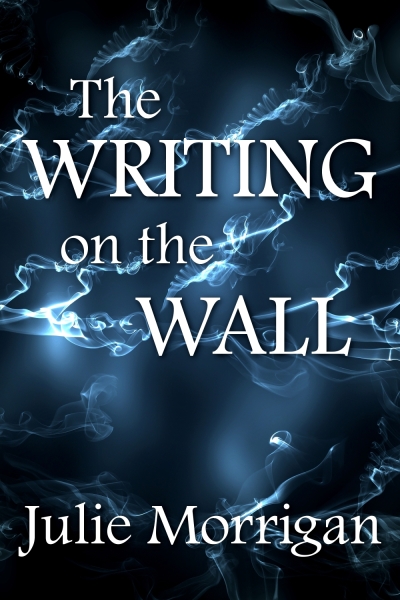

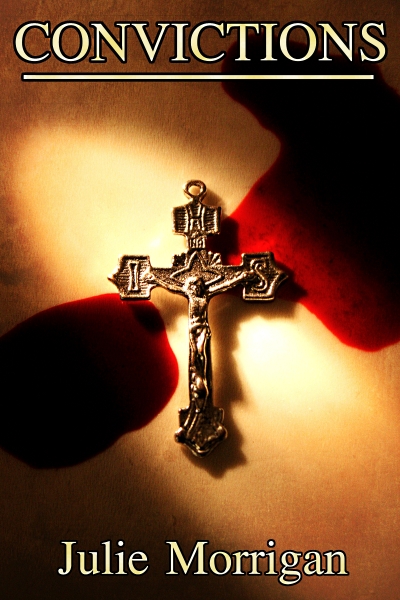
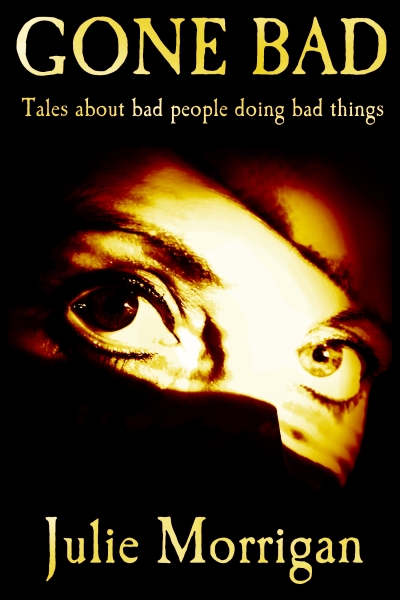
 RSS Feed
RSS Feed
